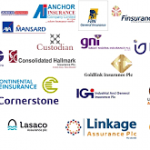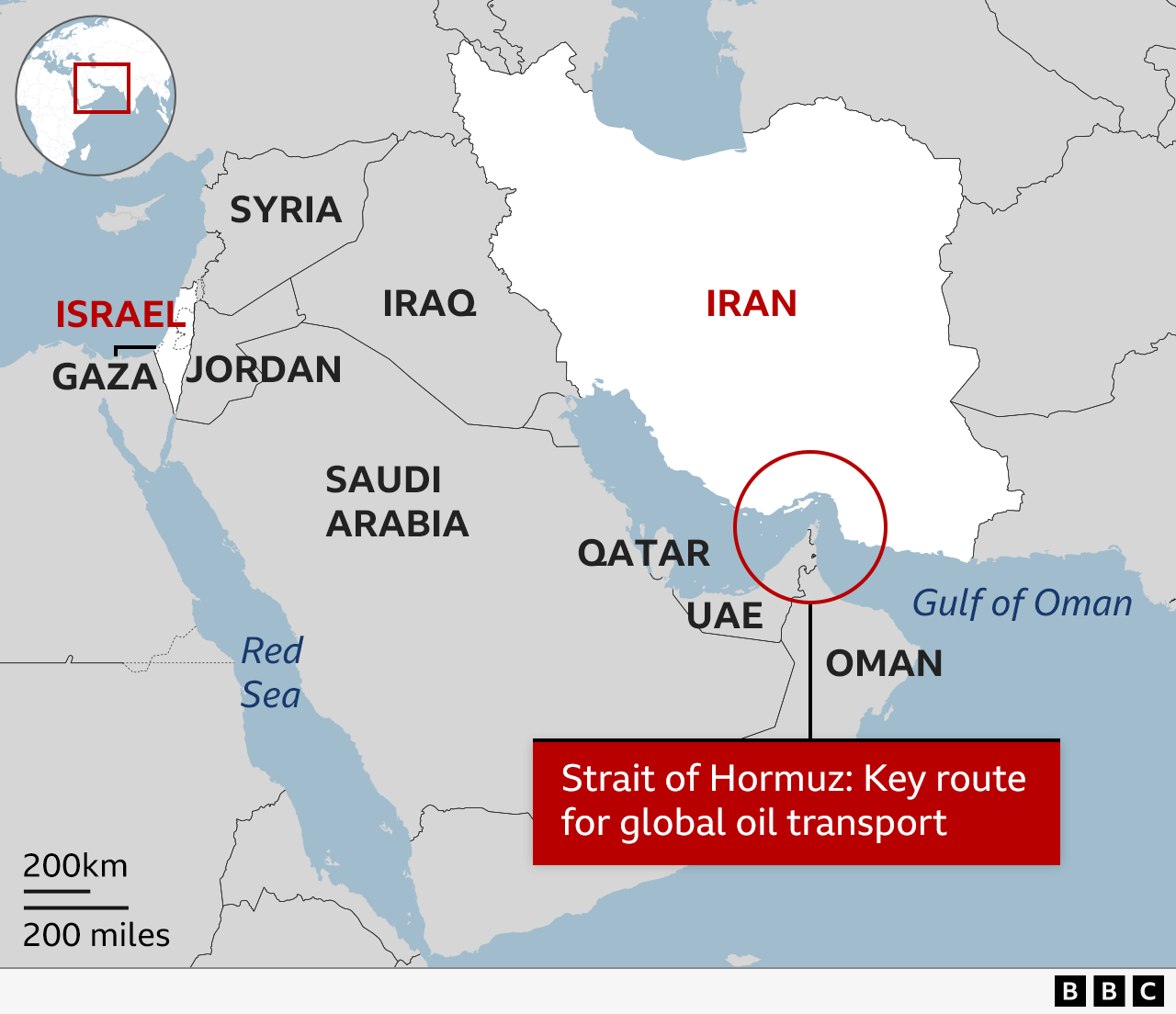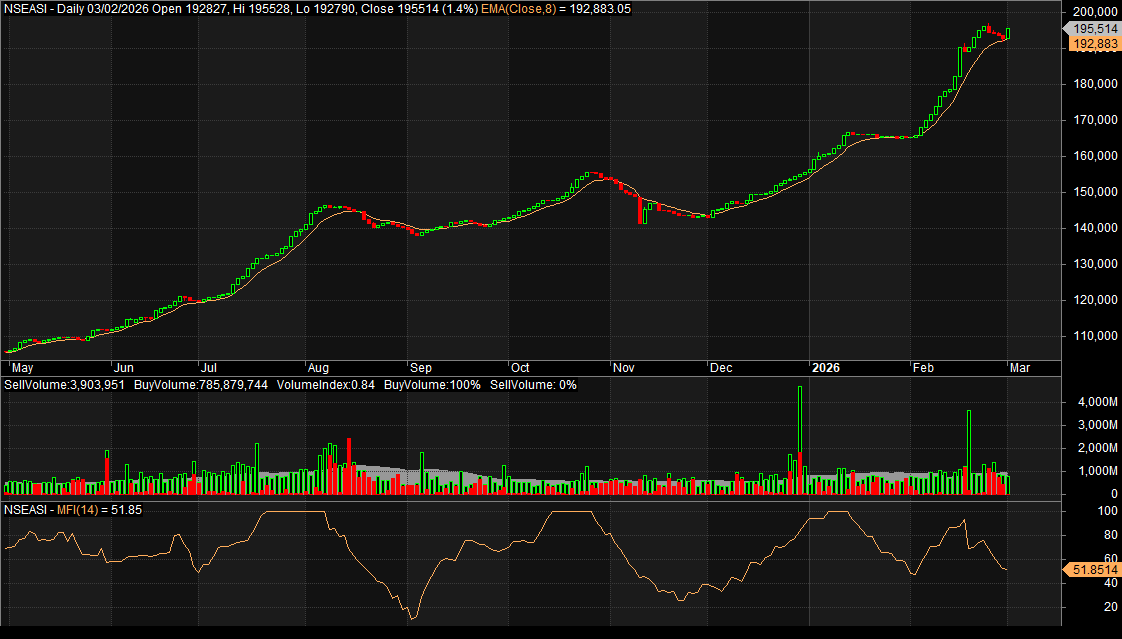New data by the National Bureau of Statistics (NBS) on Wednesday showed that on the average, prices of goods and services in Nigeria (measured by the Consumer Price Index (CPI) or inflation rate, increased by 11.61% (year-on-year) in May 2018.
This represents a 0.87% point drop from the 12.48% recorded in April 2018 (13.34) percent and the 16th consecutive disinflation since January 2017.
Urban inflation rate fell from 12.89% in April, to 12.08% (year-on-year), while on month-on-month basis, it rose by 1.1% in May 2018, from 0.85%; while rural inflation rate dropped to 11.20% in May (YoY), from 12.13% in April; and 1.08% (MoM) in May 2018, from the 0.82% in prior month.
Food inflation for the period however rose by 13.45% in the month under review, in what the NBS blamed on “increases in prices of potatoes, yam and other tubers, vegetables, fish, bread and cereals, fruits and meat.”
MoM, food sub-index rose by 1.33% in May, representing 0.42% rise over the 0.91% of preceding month; just as “average annual rate of change of the Food sub-index for the 12-mnth period ending May 2018 over the previous 12-month average was 18.36%, 0.53% points from the (18.89%) average annual rate of change recorded in April,” the bureau added.
Core inflation (all items less farm produce) stood at 10.7% in May, a marginal improvement over the 10.9% recorded in April, with the highest increases “recorded in prices of hairdressing saloons and personal grooming establishments, vehicle spare parts, fuels and lubricants for transport equipment, books and stationaries, domestic services and household services, pharmaceutical products, paramedical services, medical services and passenger transport by road.”
The average 12-month annual rate of change of the index, the NBS noted, was 11.83%, which was lower than 12.02% recorded in April.
Across the states, inflation was at its peak YoY in Kebbi, at 14.65%, followed by Yobe, 13.68%, while Jigawa was next with 13.62%; while Kwara’s 8.87% inflation growth rate made it the slowest, ahead of Kogi, 9.07% and Delta, 9.22%.
MoM, however, all items inflation for the period was highest in Adamawa, 1.98%, Kwara, 1.79 and Kaduna, 1.70%; just as Kogi recorded the slowest rise at 0.02%, while Lagos and Ogun came at 0.52% and Cross River, 0.56%.
The bureau noted that “in analysing price movements under this section, note that the CPI is weighted by consumption expenditure patterns which differ across states. Accordingly, the weight assigned to a particular food or non-food item may differ from state to state making interstate comparisons of consumption basket inadvisable and potentially misleading.”
In the month under review also, food inflation on a YoY basis was highest at 15.86% in Yobe, Kebbi, 15.62%; and Jigawa, 15.56%, while Kogi recorded 8.54%, Benue, 9.93%; and Akwa Ibom, 11.13% recorded the slowest rise in food inflation.
Month-on-month basis however, food inflation was highest in Taraba at 2.80%; Adamawa, 2.38%; and Enugu, 2.36%, “while Kogi, Oyo and Ekiti all recorded food price deflation or negative inflation (general decrease in the general price level of goods and services or a negative inflation rate) in May 2018.”












